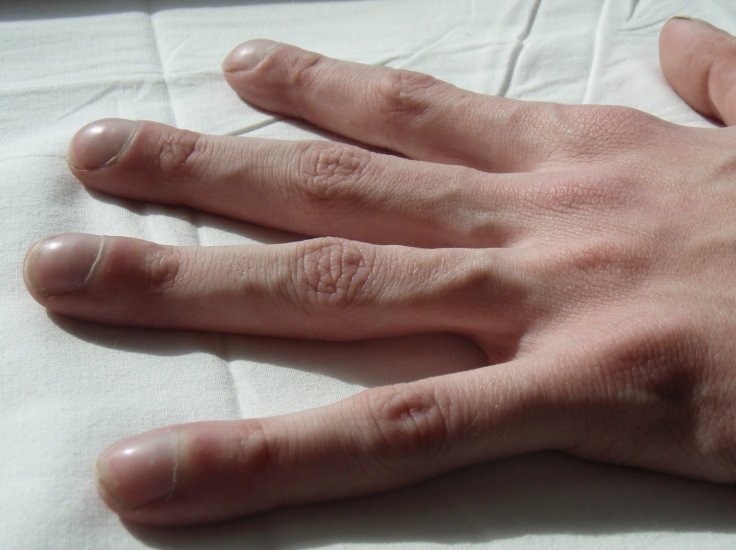
A phase three clinical trial conducted by UT Southwestern led to the conclusion that a three-drug blend could enhance lung functions and bring down the symptoms of cystic fibrosis (CF) for patients. Most of them possess a single copy of the most prevalent genetic mutation for the illness. The therapy was approved in the beginning of the month by the Food and Drug Administration. It was based on an international research published today in the New England Journal of Medicine. There was also another probe that was published in The Lancet. It gave a report on those who had one or two copies of the mutation.
Dr. Raksha Jain, Associate Professor of Internal Medicine at UT Southwestern Medical Center, is corresponding author of the NEJM article and an investigator on The Lancet study. She is a Dedman Family Scholar in Clinical Care and Director of the UTSW Adult Cystic Fibrosis Center. A "chronic, progressive, and frequently fatal genetic disease", CF plays havoc with the respiratory and digestive systems in children as well as the youth. It puts the sweat glands and the reproductive system of patients out of gear. CF also shortens the lifespan of most individuals.
"Although there are over a thousand different disease-causing mutations, nearly 90 percent of people with cystic fibrosis have at least one copy of the most common mutation, the Phe508del CFTR allele," Dr. Jain said. CF affects almost 80,000 people all over the world. They get impacted by the CF transmembrane conductance regulator (CFTR) protein. Humans inherit one gene from each parent encoding the CFTR protein. "This three-drug combination was highly effective in people with cystic fibrosis who inherited the Phe508del CFTR mutation, improving health outcomes and symptoms," said Dr. Jain, referring to the NEJM study on those with one mutated copy of the gene.
Clinical trials were held at 115 sites in 13 countries, beginning from June 2018 to April 2019. About 403 patients aged 12 years and above randomly got either a combination of elexacaftor-tezacaftor-ivacaftor therapy or a placebo. Scientists measured the lung functions after four and 24 weeks. Compared to patients who were given placebos, the lungs among patients in the treatment group looked much better after a month. It continued to improve right up to the 24th week. Questionnaires about the quality of life and respiratory symptoms seemed to show improvements in the treatment group.
Too much of salt through sweating seemed to indicate CF. This group showed less salt in their sweat than the placebo group. Hence, the therapy seems to be aimed at the basic cause of the disease, she added. Adverse events leading to discontinuation occurred in 1 percent of those getting the drug combination. Although the therapy was generally safe and well-tolerated, long-term studies are needed to further understand potential side effects, Dr. Jain said.
"The CF community is working hard to find highly effective therapies for people who are not eligible for this treatment because they don't have the appropriate gene mutation," said Dr. Jain.









